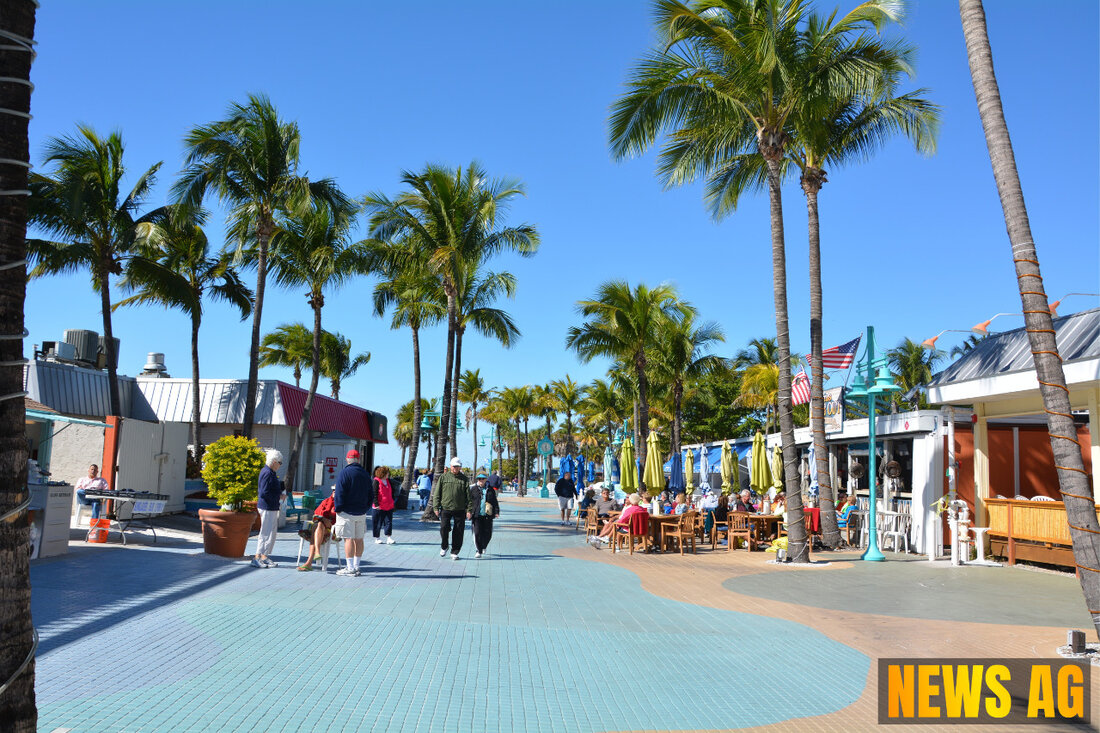SpaceX Set to Launch Amazon's Project Kuiper Satellites from Florida
SpaceX is set to launch Amazon's Project Kuiper satellites from Cape Canaveral on July 16, enhancing global broadband access.

SpaceX Set to Launch Amazon's Project Kuiper Satellites from Florida
As the sun begins to rise over Cape Canaveral, excitement is building for an event that many have circled on their calendars. ClickOrlando reports that SpaceX is ready to launch Amazon’s ambitious Project Kuiper. The launch is scheduled for Wednesday, July 16, with the window opening at 2:18 a.m. This will be a significant step for Amazon as it ventures into the highly competitive satellite broadband market.
The Falcon 9 rocket will be deployed from Space Launch Complex 40 (SLC-40) at Cape Canaveral Space Force Station, marking the first flight for this particular rocket’s first stage booster. After the initial stage of the launch, the booster is set to make a dramatic landing on the A Shortfall of Gravitas droneship located in the Atlantic Ocean. This mission aims to deploy 24 Kuiper satellites into low-Earth orbit, expanding Amazon’s satellite constellation.
The Race for Broadband Supremacy
Amazon’s Project Kuiper holds ambitious plans to launch more than 3,200 satellites, all intended to deliver affordable broadband service to underserved communities globally. The initiative, which started in 2019, is led by Rajeev Badyal, previously a vice president at SpaceX. Aiming to simplify access to broadband, Project Kuiper is set to compete head-on with SpaceX’s Starlink, which currently boasts nearly 8,000 satellites and over six million customers.
However, this isn’t just a simple competition. As detailed by Florida Today, Amazon has big plans ahead: over 80 future launches planned with various companies. Collectively, these missions could help establish a $10 billion high-speed internet network that promises to serve not just homes, but also businesses, hospitals, and schools across the globe.
Project Kuiper: A Technological Leap
The commitment to Project Kuiper is significant, with Amazon putting more than $10 billion into making high-speed internet accessible to all. The project is backed by Amazon’s research base in Washington, which is tasked with developing the necessary infrastructure and ground communication bases. To add fuel to the fire, Amazon Web Services is lending its networking support, ensuring a robust foundation for the satellite service.
While Starlink has already established a foothold in the market, offering speeds between 50-200 Mbps and premium packages going up to 500 Mbps, Project Kuiper aims for a maximum speed of 400 Mbps when it comes online. Comparisons between the two services are perhaps premature since, as of now, Project Kuiper has yet to launch its prototypes, while Starlink’s network is ongoing. But the excitement is certainly palpable, with Amazon’s plans unfolding rapidly.
As the launch day approaches, one can’t help but wonder what this will mean for the future of internet access globally. Will Project Kuiper deliver on its promise? Time will tell, but it’s certainly a moment worth watching as we look up to the skies on July 16.
And if you’re still curious about how it all works, MakeUseOf provides a deeper insight into the technical aspirations of this innovative project. Keep your eyes peeled, Florida; the race for broadband supremacy is just getting started!

 Suche
Suche
 Mein Konto
Mein Konto